Anger in Contemporary Women’s Poetry in English
Is a woman allowed to be angry over motherhood? I know, because I have had multiple arguments with people over this, that women complaining about household work is not considered a good look. But what about motherhood?
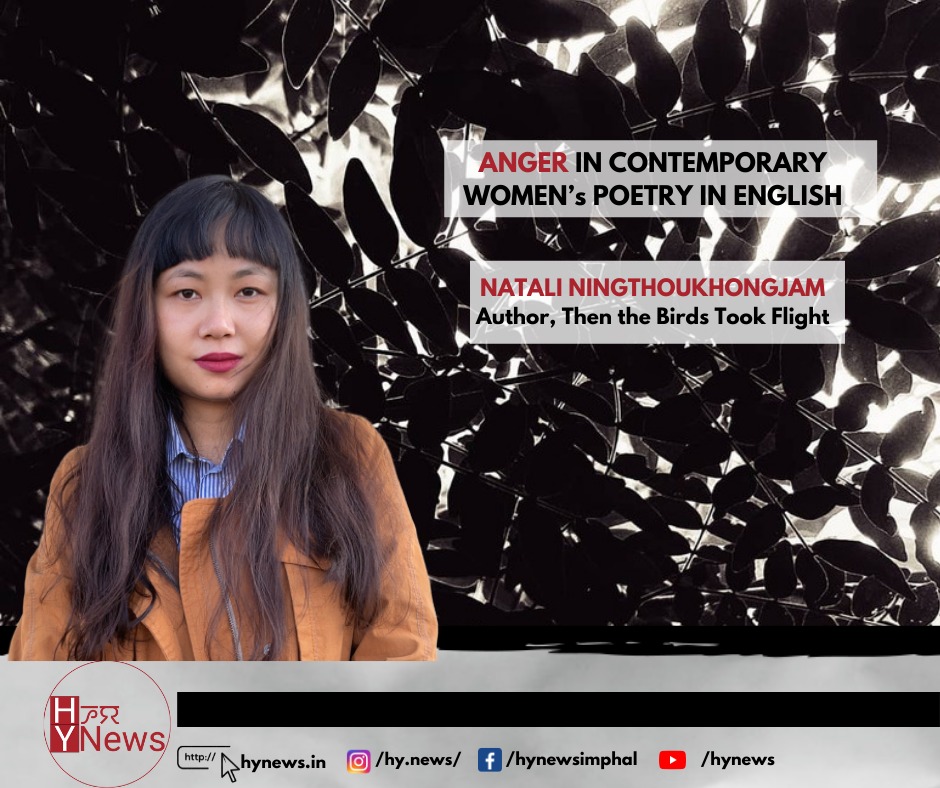
Natali Ningthoukhongjam
Anger. Wrath. Fury. It’s quite common for these emotions to be tied to women. Congreve famously wrote: “Hell hath no fury as a woman scorned.” So, you have got the trope of vengeful women who retaliate when rejected or wronged. Like Medea of Greek mythology. Stephen King’s Carrie. More recently, Amy Dunne from Gillian Flynn’s Gone Girl. The same can be seen in cinema, too, such as Thoicha, in which Tonthoi’s Thoicha returns as a vengeful spirit to haunt the villagers who had wronged her. These are examples of women acting out their rage, but let’s go beyond fiction and bring the discussion to real life. In our case, the rage of women is something that we witness in all its vehemence in our revolutions. Today, we mark the 82nd Nupi Lal day. We remember what happened on 15th July 2004, the day on which 12 Manipuri mothers protested against the rape and murder of Thangjam Manorama by the Indian army. The active participation of our girls and women in this form of activism is well-documented and our militant anger is upheld as exemplary.
But there is also the anger that is a bit more personal. An anger that is not about sacrifices made for a bigger cause. Anger of complaint. This is perhaps something that people don’t want to see. Tapta sang in his first album Power of Attraction Vol. 1: “sou sou laobi nupi koirunu meewa taabani/ ingna leitabani leitabani/ kena ngaangngi kengaang ngaangngi, suningde sou sou laowi.” [Don’t date a bad-tempered woman/ she won’t stay quiet, won’t stay quiet/ she speaks like a spoiled person/ she doesn’t want to work and remains irritable.] The entire album was played on repeat in my house when I was a child. I used to sing this song everywhere, ignorant of what it was mocking, and I still know most of the lyrics by heart.
There is this idea of “issou laangbi nupi” [a woman who’s prone to losing her temper and reacting furiously], whose indignance is something that causes annoyance and has no real impact, or whose anger taints the definition of what a desirable woman should be like in our context. “Womanhood” seems to be trapped in a dichotomy: we have to be soft-spoken and malleable, and we also have to be figures of power and rage. This in itself is quite dangerous, but what’s more disturbing is that our rage is just as subject to-dos and don’ts as our choice of clothing—justifiable in some areas, laughable and trivial in others. However, this rage is palpable in the writings of our women. I see it in my work. I see it in the poems of Soibam Haripriya, Chaoba Phuritsabam, Shreema Ningombam, Linthoi Ningthoujam, and Yuimi Vashum. I see it in Susma’s poetry. I also went to check Linthoi Chanu’s blog for her poems because I knew she had posted some in the past. She, too, is very pissed off.
This expression of anger is nothing new. It’s not because of the #metoo campaign, it’s not because of the K-pop flash mob, it’s not because of Western feminism. It’s not something brought on by Generation Z, and definitely not Nikki Minaj. It has been present for a long time, reflected in the writings of those who had written before us. Oja Lairenlakpam Ibemhal’s poem Konggoi is a testament to this:
Adubu
Paamjade eidi
Sukyaa yaaningde!
Maramdi
Ure
Namduna laanhanbikhraba
Leitengsigi waahanthok
Nakhoi pumbana
Makhoi pumbabu
Thonningba maming
Thonjinbiduna
Chingduna purakli
Puningba maikeida
Mapu ningba huigum
Nattraga
Haiba illaga gari san-gum!
Aduna
Thaadatlabani ngasidi
Nakhoi pumbana namduna
Mihaat thouri olhanbiraba
Ingngaksamsigi konngoi!
But
I disliked it
Could never agree to it
Because
I saw
Through the forcible misinterpretation
Of the significance of this ornament
How you call
To those many
Named them
As you wished, and
Dragged them
In whichever directions you choose
Like a loyal dog
Or
Like obedient bullocks yoked to a cart
Therefore
I’ve cut off thus today
That which you all have forcibly
Made into a murderous rope
This noose around my neck.
The original was published in 2002. I was studying in class 10 that year, completely clueless about where I stood as a girl and as a future woman at home and in the world at large. Was there anger in me? Yes. Did I think about why I was angry? No. I’d understand how to explore my own anger years later. At the time, I tried to deal with both the cause and the effect privately. An adult man flashed his penis at me. I thought it was something that I should try to forget and move on from. A boy asked for my hand during Thabal Chongba. I refused. He grabbed my hand and twisted it hard before he walked away. I figured it must be a part of the culture of the dance and said nothing. The next day, I narrated the incident as a joke to my friends so I could laugh it off. These are incidents of shame and fear to be borne by the victim. At least that’s what we were taught and raised to believe. We had to be pure by any means, and this burden of purity made it difficult for us to talk about it or even realise what was happening was wrong.
Yuimi Vashum writes in breaking the shame:
Did they know? Did they not know?
Was it shame? Was it disgust?
I buried myself in a field of cosmos
Playing with it as I plucked off the petals,
Chanting…
Did they know? Did they not know?
Hidden behind a piece of cloth,
They talk about it in hushed tones.
Why would mother(s) not talk about vagina?
Don’t they know it’s as important as my limbs?
Why will they not tell me
To scream and sprint if someone tries to put their hands in my
Underwear?
Why?
Why, indeed, do these conversations make us uncomfortable when, ironically enough, we are all a bit obsessed with the female body and who has the right to possess it? We women cannot talk about our bodies’ processes openly. We cannot talk about our desires explicitly. We cannot talk about the violations we suffer because chances are high that we are blamed and condemned for the violation in the end. When one of your earliest memories is watching in horror a husband chase his wife with an axe, a knife, and no one tells him he is wrong to do this; when you as an adult listen to gossip about promiscuous women and people say, “Mawana laaksanba waatpagini, mawagi chei waatpagini,” [it’s because her husband cannot control her.; it’s because he doesn’t discipline her enough with the stick] you are made to think it is your duty as a woman to take the beating of your men. When you are told that the phanek you wear is dirtier and more unholy than the undergarment of men, when you are told to dry your bras and petticoats in the shade out of sight, you are taught to control and restrict yourself and make yourself almost invisible. The onus is on us to march ahead with the flags of tradition without looking back in anger.
In between lockdowns, Linthoi Ningthoujam writes about her experience with motherhood in Postpartum:
Outside this waxen window,
the hunched sky bears an orange
speak about anything, anything you want
and I stand mute.
How do I write being cut open—
the paralysing knowledge of
slow slicing of skin and layers of flesh.
The stitch has closed me up steadily;
I am no longer the lunacy of gnawing poetry
or the hibiscus song of prophetic mornings.
I am an off-world of engorged breasts and bleeding rectum
I do not have a name
only hallucinations
the sharpness of a newly-bought knife
tenderness of your child’s throat
together
shudder
punch yourself in the eye
tear out your hair
shudder
and still, imagine
If I ask my mother, she says
she remembers only the bald patch on my head and the scent of
baby soap.
Is a woman allowed to be angry over motherhood? I know, because I have had multiple arguments with people over this, that women complaining about household work is not considered a good look. But what about motherhood? In this motherland on this Mother Earth where the figure of the mother is sacred; where the women’s market is called “Ima Keithel”; where people who have had no experience with childbearing or childbirth try to make decisions for pregnant women, can a woman who has just become a mother express anger about the conflicting emotions that she is experiencing? Or is this yet another case of a woman failing to fill in the shoes of her foremothers? “Eikhoisu tourak-eni, nakhoisu tou.” Except so much has changed. Our family culture and setup have changed. Our roles and responsibilities have changed. Our own needs and goals have changed. We are asked to give more, and thus, we want a little bit more for ourselves, even if it is just the right to be angry about something as glorified as the trials of motherhood.
The expression of this rage becomes an act of defiance for the plain reason that we are expected to not harbor grievances about the image prescribed for us. This defiance is captured succinctly in Susma’s poem The Photographer Called Patriarchy:
Fire in her head,
eyes clearly showing the fire,
not hidden,
nose ready for smoke to blow through it,
mouth on the brink of opening
to say it all,
to say it all,
to scream.
And you tell her to smile?
No.
She won’t.
Once, after I had read out my own poem of anger, I was asked: Why do women poets write so much feminist poetry? I personally feel that such questions come up because the definition of womanhood has been limited for a very long time. It isn’t that women do not have varied experiences; they are simply expected to not react to certain things. But the reaction is the foundation of writing. Every piece of writing born on paper is a reaction to something. It can be love and desire, and we do write about love and desire. My own published anthology is a collection of love poems. The poets whose works I read out have written on a lot of themes. Susma, for instance, writes about the pandemic in In Finite Days to Come. Linthoi Ningthoujam writes about memories of living in a conflict area. Tattooed with Taboos features poetry on feminine sexual desire. Yuimi Vashum writes about love and heartbreak in Love. Lust. And Loyalty. We feel and write about the whole gamut of human emotions. Perhaps our writing is the fiercest when we write about our womanhood since it is the reality we live through day in, day out. All the pains, all the fears, all the dos and don’ts, all the attempts to silence our voice of complaint. In Three Questions, Soibam Haripriya asks:
Why did you give me
this irreparable world to inherit
Tainted with stains of history
the world is lost to my kind
Your gallant invoking of mere two battles
fought by women
amuses me to no end
for you know not
I live and die fighting
innumerable ones every day
And thus, we write this poetry of anger.
+ Konggoi, by Lairenlakpam Ibemhal, originally pub. 2002 in Nongthanggi Innaphi by Writers Forum, Manipur. The Noose, translated by Thingnam Anjulika Samom in Crafting the Word: Writings from Manipur, pub. 2019, Zubaan Publishers.
+ breaking the shame, from Love. Lust. And Loyalty., by Yuimi Vashum, originally pub. 2018 by PenThrill Publication House.
+ Excerpt from Linthoi Ningthoujam’s Postpartum.
+ The Photographer Called Patriarchy from In Finite Days to Come, by Dr. Susma Sharma Gurumayum, originally pub. 2021 by PenThrill Publication House.
+ Three Questions from Tattoed with Taboos, by Soibam Haripriya, originally pub. in 2011 by Siroi Publications and Loktakleima Publications.

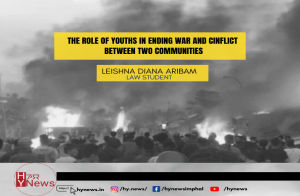
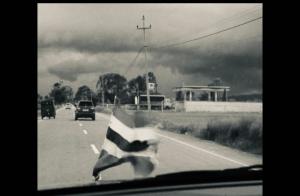
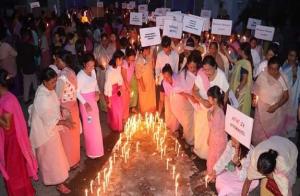

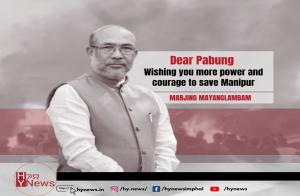
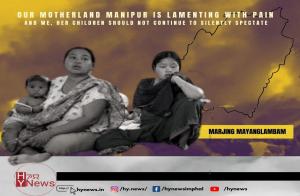
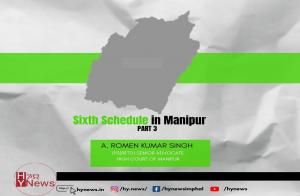
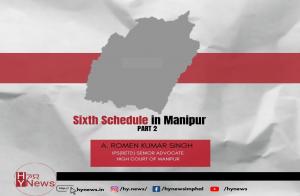
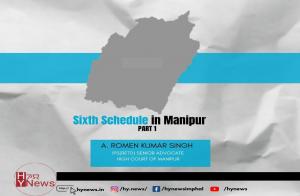

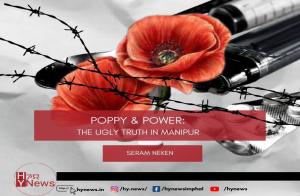

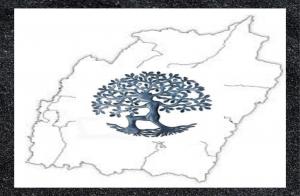
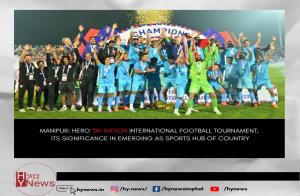
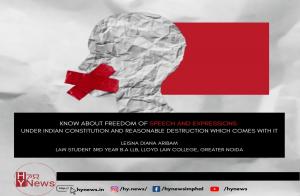

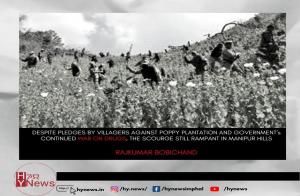
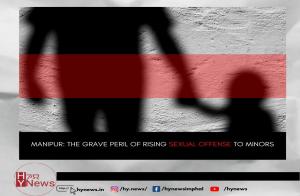


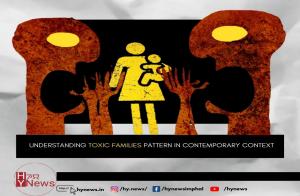
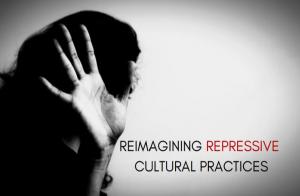
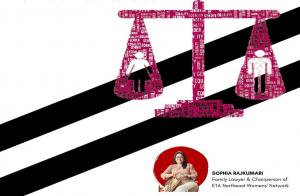
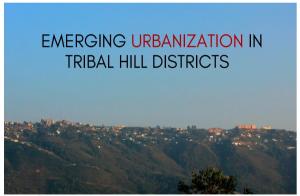
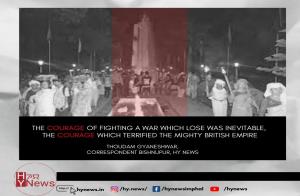

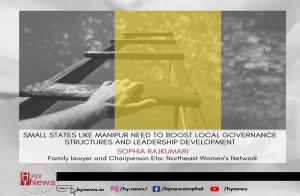


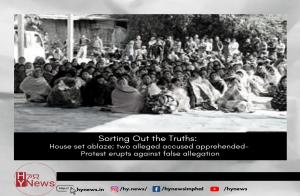





Leave Comments